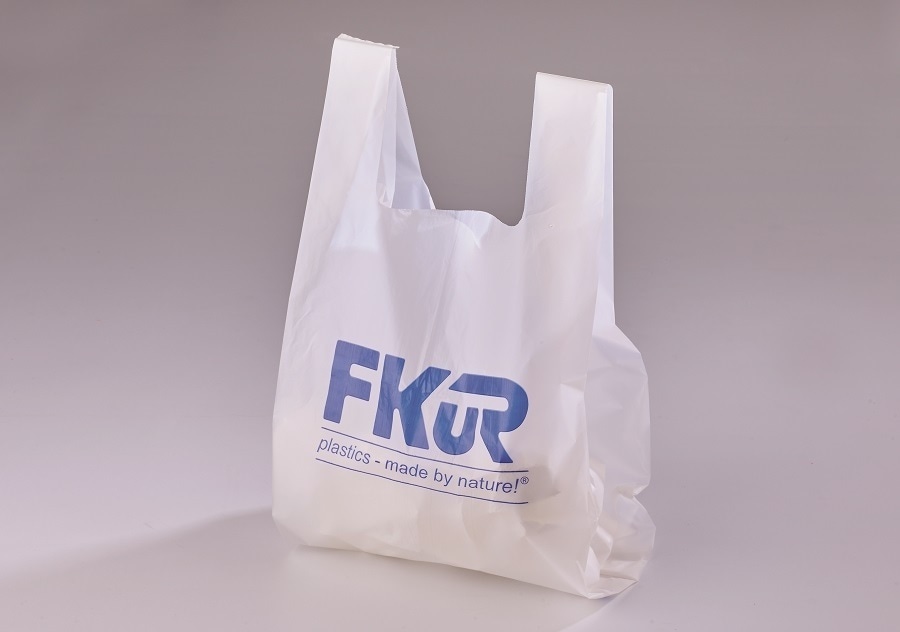Aug 5 2016
The Bioplastic specialist FKuR has developed a new technology for the production of compounds which can be processed into flexible packaging films with particularly low thickness and, at the same time, high puncture resistance. With Bio-Flex® FX 1120 and Bio-Flex® FX 1130, FKuR will be presenting the first two products based on this new technology at the K 2016.
 Thin and puncture resistant compostable film bags are one of the main applications for the new FKuR FX series blends; © FKuR
Thin and puncture resistant compostable film bags are one of the main applications for the new FKuR FX series blends; © FKuR
Films made from these materials are suitable for food contact and compostable according to EN 13432. Depending upon the type, the proportion of renewable raw materials is more than 50%. The processing of both FX types of Bio-Flex® corresponds largely to standard PE processing.
• For especially thin films Bio-Flex® FX 1130 is designed to complement the previous standard compound Bio-Flex® F 1130. Whilst films made of conventional F 1130 have a paperlike touch the FX quality offers a silky surface. Films produced with this blend are further characterized by an increased tensile strength, puncture and tear resistance. This enables converters to use less material without compromising the performance characteristics of the film. In practice, it has been proven that film thicknesses of 8 microns are possible. In addition, film manufacturers benefit from high throughputs in extrusion, as well as excellent sealing properties of the material.
• For 50% biobased bags Bio-Flex® FX 1120 is a new development for film production, especially for very thin bags, such as bio-waste bags. The increased water resistance, when compared to starch blends, permits a high retention of moisture which is originated during the decomposition of organic products in bio-bags. With a high proportion of renewable raw materials of more than 50%, the Bio-Flex® FX 1120 compound fulfills the requirements of the German Bio-waste Ordinance.
Julian Schmeling, head of development at FKuR says: "Aside from the use of renewable resources, material reduction is an essential pillar on the road to achieving greater sustainability. This applies to conventional plastics as well as to bioplastics. In conventional polyolefin films, the trend to produce thinner films without the loss of strength and toughness is already known for quite some time. Films made from biodegradable resins have reached sufficient performance values with thicknesses of about 15 microns. In practice, the film thicknesses today are between 18 and 26 microns. Thanks to the use of novel polymeric additive systems and an adapted compounding process, FKuR now provides converters with the possibility to follow the trend using bioplastics and combine significant material savings along with compostability.“